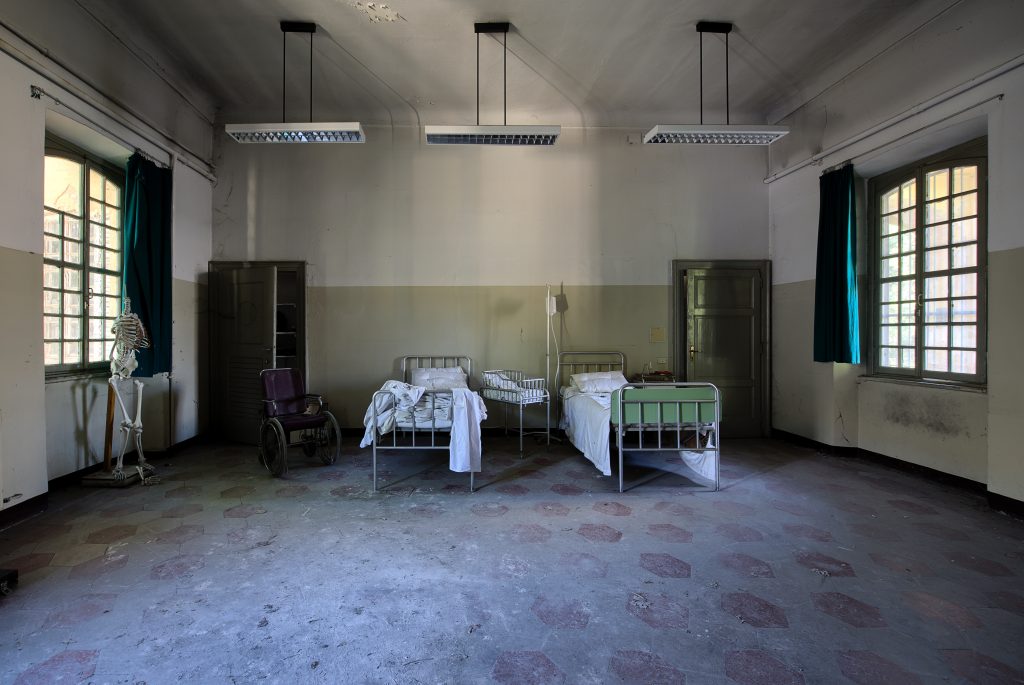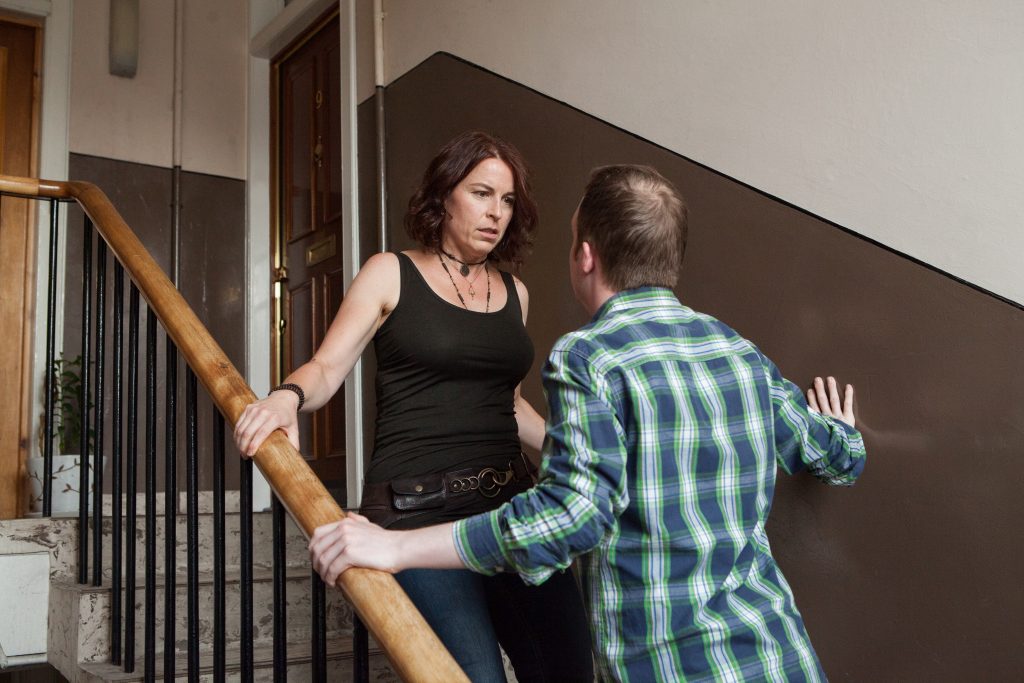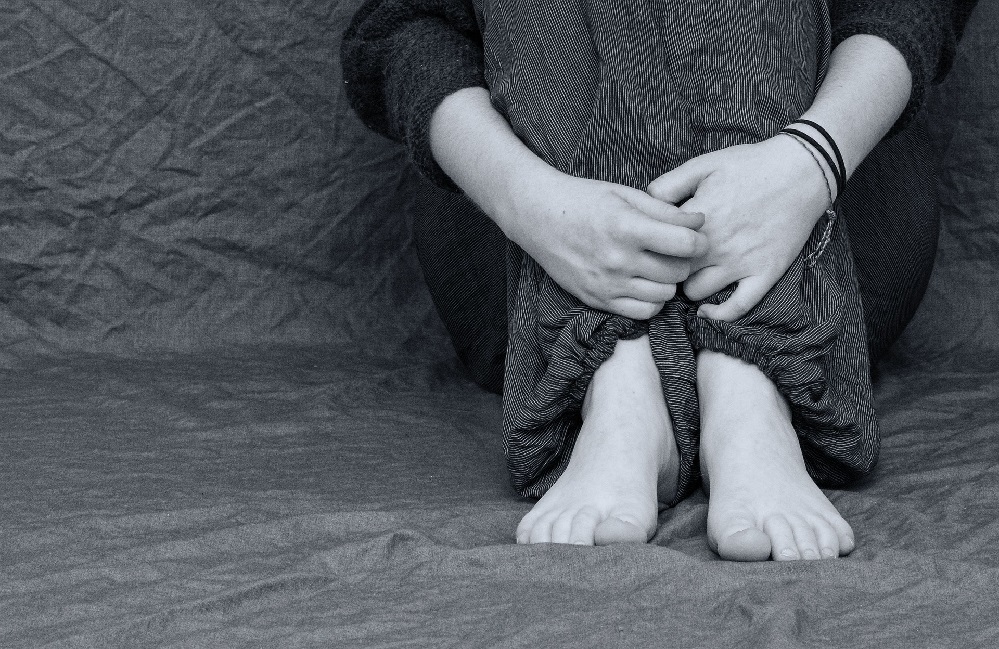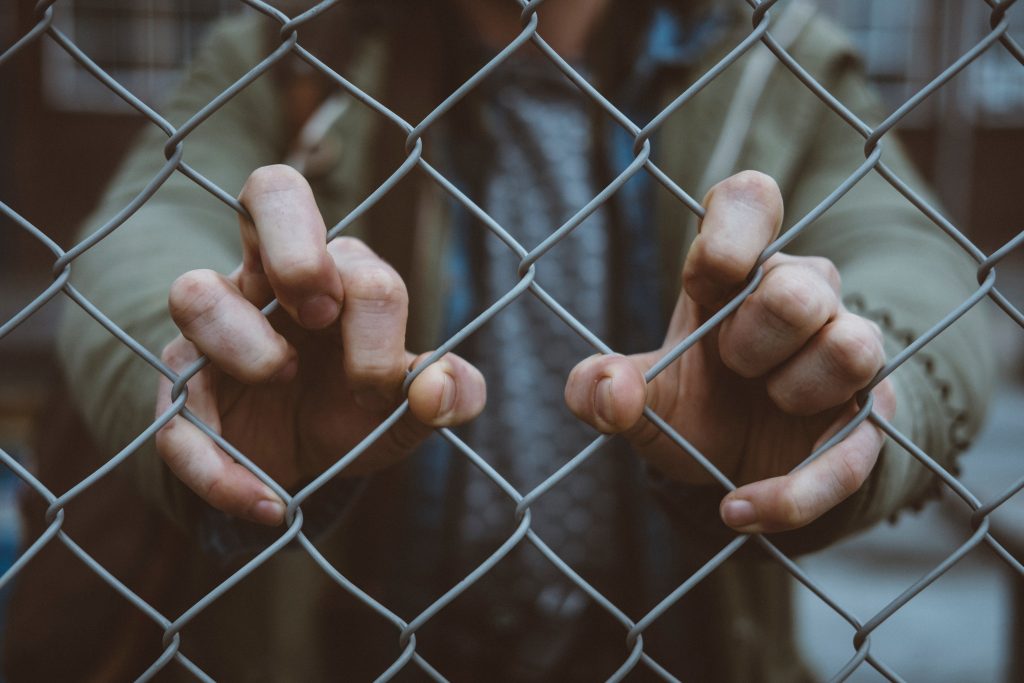Today and tomorrow in Geneva, the UK will face scrutiny for its record on torture and ill-treatment at home and abroad, as the UN Committee against Torture reviews compliance with its obligations under a key human rights treaty: the UN Convention against Torture.
Redress and other UK civil society groups and experts will be presenting a significant body of evidence compiled alongside Liberty, Freedom from Torture, Children’s Rights Alliance for England (Just for Kids Law) and Children in Wales and Disability Rights UK to the Committee, which exposes wide-ranging failures by the UK to meet its international obligations in relation to torture and ill-treatment.
The report, which covers the last five years, presents a bleak picture, with alarming evidence of ill-treatment in a wide range of settings, including in public services such as prisons, immigration detention centres, mental health facilities and police stations.
Prison Breaking Point
Image credit: Unsplash
Prisons in England and Wales are at breaking point, with extreme overcrowding, and the number of incidents of violence at their highest rate in 10 years.
The levels of child incarceration remain the highest in western Europe, with far too many children being detained inappropriately, including an increasing number of children being restrained and isolated whilst in detention.
The levels of child incarceration remain the highest in Western Europe.
The UK remains the only country in Europe where there is no time limit on immigration detention, and torture survivors and other vulnerable groups continue to be held in poor conditions, even when they have been found to be ‘at risk’ of harm in detention.
Torture survivors also experience huge challenges in proving to the Home Office that they were tortured, even where they have supportive medical evidence. Decision-making on these cases is so poor that around 40 per cent of initial asylum decisions are overturned on appeal.
Health And Pain

Image credit: Unsplash
Serious concerns also remain about ill-treatment in health care settings. A 2018 survey of 1,544 staff across 92 English care homes found significant evidence of abusive and neglectful behaviour.
Detentions under the Mental Health Act have increased by 36 per cent since 2010, with a woman featured in the report recalling how she was given a bucket to use as a toilet while being detained in a hospital because the communal toilets were locked overnight.
A woman recalled how she was given a bucket to use as a toilet while being detained in hospital.
There has also been a significant increase in the use of tasers, which are potentially lethal weapons that control people through the infliction of extreme pain, and are used disproportionately against minority groups.
Abuse And Slavery

Image credit: Laura Dodsworth for Scottish Womens Aid and Zero Tolerance
Crimes related to domestic abuse have increased 23 percent since last year, and the number of recorded hate crimes has more than doubled in the past five years.
This is, in part, due to the terrorist attacks in 2017 and the xenophobic, divisive and anti-immigrant rhetoric which surged during and after the EU referendum campaign.
It is estimated that 136,000 people live in slavery in the UK, but criticisms remain about the lack of victim support, with one survivor of human trafficking describing how he was “better off with the traffickers” having been left homeless and with no access to money after exiting National Referral Mechanism support for human trafficking victims.
In addition, a significant percentage of child victims of trafficking and slavery go missing after they have been identified.
Failing To Tackle Problems

Image credit: Pixabay
Overseas, despite the shocking new details of UK complicity in torture and rendition abroad exposed by the Intelligence and Security Committee’s report last year, the UK government continues to resist demands to hold an independent judge-led inquiry.
In the last review of the UK five years ago, the Committee was already concerned about many of these issues, but instead of tackling these concerns, the evidence demonstrates that the situation in many of these areas has become worse, not better.
As the report makes clear, policies such as the ‘hostile environment’ policies introduced by the UK government have contributed to an increase in ill-treatment of migrants and other vulnerable groups, including torture survivors.
The UK prides itself as a global leader on human rights, but if it wishes to maintain this position, the UK government needs to respond to this situation urgently with a comprehensive approach that fosters a culture of zero tolerance to torture and ill-treatment, and introduces concrete measures to tackle all these issues across government.







